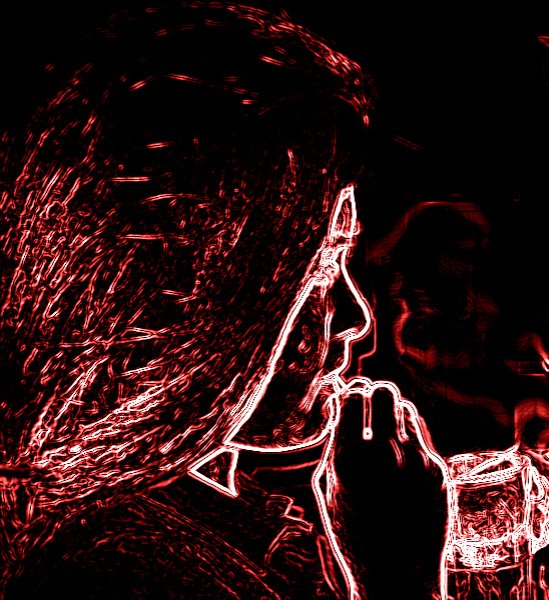Ok, I admit. . . I was irritated with someone who sent me a text message regarding the sponsorship for the official publication of the college of Liberal Arts. She keeps on bugging me to check my email. What can I do? I am staying with my grandmother and there is no internet connection in her house. What will I do? I have to call 20 companies for that sponsorship. Long distance is so expensive.
______________________________________________________
I finally got to know my grades. I am frustrated for what grade I recieved in one particular subject. . . I got a 1.5. I am supposed to be a dean's lister if not for that grade I got in LITERA1. There is a rule in the universty that DLs should not get a grade lower tham 2.0 for the term to be a DL. How frustrating. . . So even if I have a GPA of 3.022, it's no use. If only my professor was kind enough to reconsider. . . But I don't think that if I had asked, he would do something about it. . . Anyway, here's our grading system:
4.0 -> Excellent
3.5 -> Superior
3.0 -> Very Good
2.5 -> Good
2.0 -> Satisfactory
1.5 -> Fair
1.0 -> Passed
0.0 -> Failed
_______________________________________________________
I was asked by my INTPHYS professor to help him to check the papers of some of his students. How frustrating it would have been for him. . . Poor Mr. Guiao. . . most of what I have checked got a grade lower than the passing score. . . Then his students are asking if I can "help" them. . . Imagine just in front of the professor. Did they ever hear integrity? Integrity means doing the right thing even if no one is watching. . . At least I have learned something from my high school days. . . hehe. . . Thank you sir Overio!
______________________________________________________
I finally got to know my grades. I am frustrated for what grade I recieved in one particular subject. . . I got a 1.5. I am supposed to be a dean's lister if not for that grade I got in LITERA1. There is a rule in the universty that DLs should not get a grade lower tham 2.0 for the term to be a DL. How frustrating. . . So even if I have a GPA of 3.022, it's no use. If only my professor was kind enough to reconsider. . . But I don't think that if I had asked, he would do something about it. . . Anyway, here's our grading system:
4.0 -> Excellent
3.5 -> Superior
3.0 -> Very Good
2.5 -> Good
2.0 -> Satisfactory
1.5 -> Fair
1.0 -> Passed
0.0 -> Failed
_______________________________________________________
I was asked by my INTPHYS professor to help him to check the papers of some of his students. How frustrating it would have been for him. . . Poor Mr. Guiao. . . most of what I have checked got a grade lower than the passing score. . . Then his students are asking if I can "help" them. . . Imagine just in front of the professor. Did they ever hear integrity? Integrity means doing the right thing even if no one is watching. . . At least I have learned something from my high school days. . . hehe. . . Thank you sir Overio!
Back to sir Guiao's class. . . I overheared one tell his classmates that he has 2 failures already. Excuse me. . . They are just first year students and it is only their first term. Some plead to sir to give them the grades that they needed. I never plead to a professor for a higher grade. I think I can never do that.






